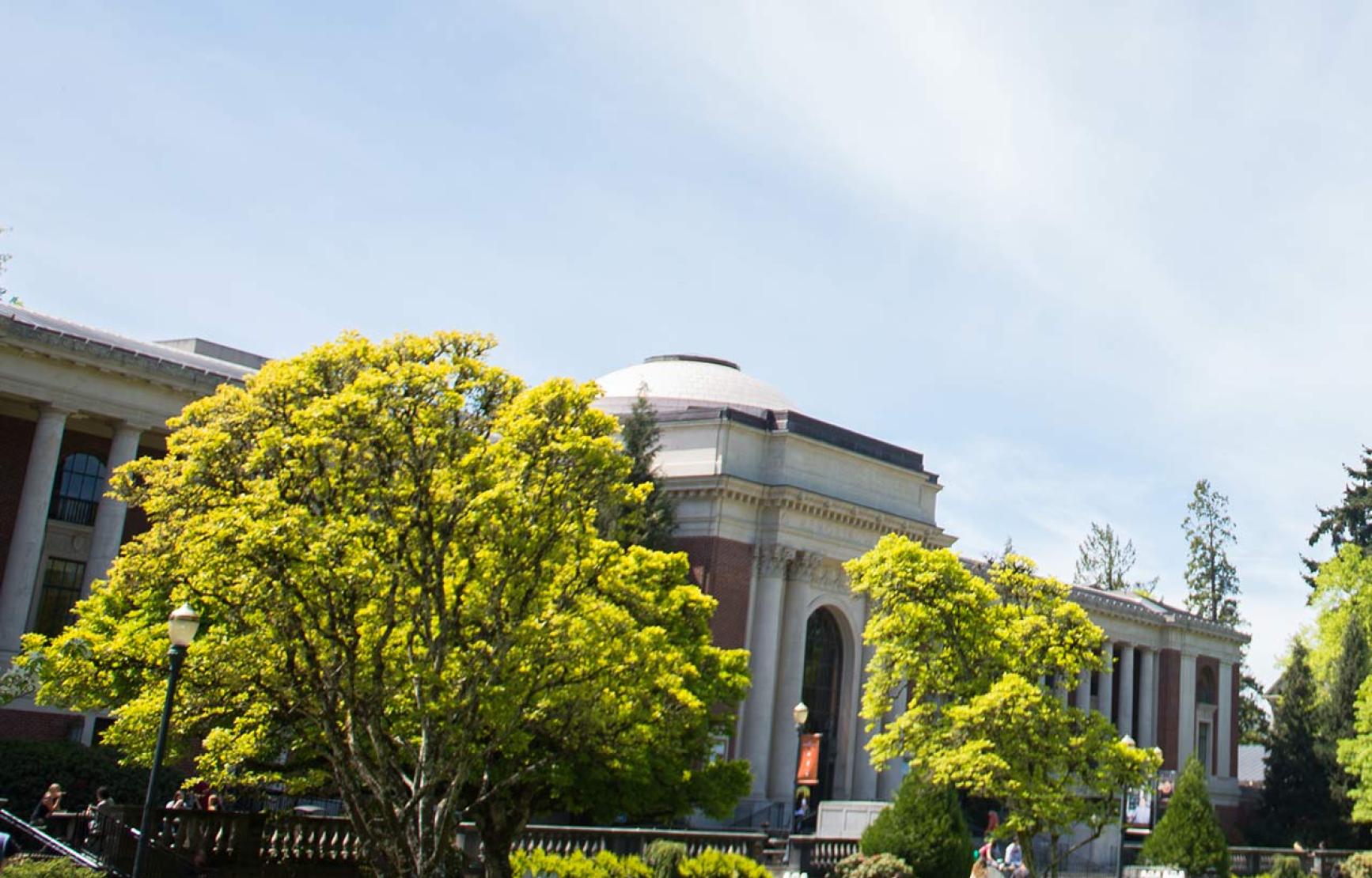Join us for an upcoming seminar featuring mathematics faculty and invited speakers on one of our seven research topics. You may also see upcoming seminars by topic:
Exploring Granular Materials: Role of Particle Shape and Modelling with Superellipsoids
Speaker: Yuxuan Wen
ABSTRACT:Granular materials, including sands, clays, and mineral rocks, are ubiquitous in nature and critical to research in geotechnical engineering, granular physics, mining, and mechanical engineering. These materials exhibit diverse states: solid (embankments), liquid (landslides), and gas-like (dust storms) state. In civil engineering, the focus often lies on their behavior in the solid state. The particle morphology, such as shape and grain size distribution, plays a critical role in influencing both micro- and macro-scale behavior. Various shape descriptors, such as sphericity, roundness, and aspect ratio, have been proposed to correlate shape parameters with mechanical properties. This study investigates the influence of particle shape on the mechanical behavior of granular soils using discrete element method (DEM) simulations. By employing superellipsoids in DEM, we systematically assess superellipsoids’ capability to control particle shape parameters and examine the… Read more.
